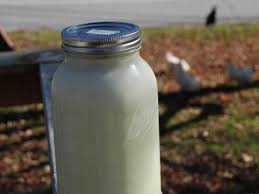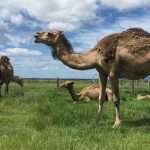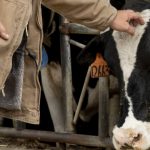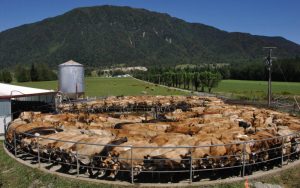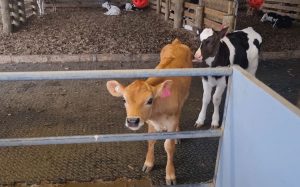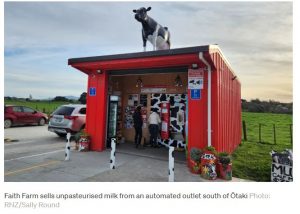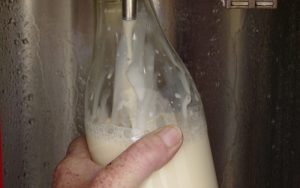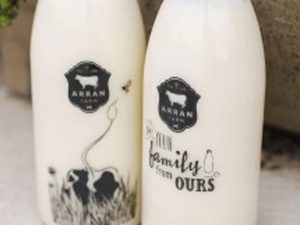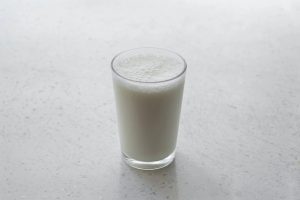
Ministry for Primary Industries’ compliance teams shut down sales of raw milk from dairy farms in Manawatū, Horowhenua, Auckland, Hawke’s Bay, Nelson and Southland after a 12-month probe led to a series of co-ordinated raids in December.
Some producers have had to let staff go, and supply milk to Fonterra.
However, the ministry is refusing to bend the rules on raw milk, leading to a stand-off with several suppliers campaigning to rewrite laws about distributing their product.
A Givealittle page has been set up by a Hawke’s Bay supplier to hire a qualified policy expert.
Phillippa and John Martin’s farm MannaMilk, south of Levin, was one of those raided by officials to throw their support behind the fundraising effort.
They hope the ministry will work with suppliers so raided farms can reopen promptly.
However, in a statement to Stuff, a ministry spokesperson would not comment on whether unregulated suppliers would be prosecuted as the investigation was ongoing.
They did not provide a timeframe for when it would be complete.
Meanwhile, suppliers remain in limbo.
Phillippa Martin said the delay was frustrating and prompted them to buy a pasteuriser so they could continue their raw milk operation.
However, they chose not to due to the investigation and were forced to layoff a staff member after six years’ service.
“We are totally shut down, as are a couple of others who tried to keep going,” she said.
“MPI is still checking our depots as they didn’t believe us when we said we had stopped. So we are just supplying Fonterra and saying thank-you for a bit of income to pay the mortgage.”
Unpasteurised milk that hasn’t been treated carries greater risk of food poisoning and has been linked to gastro-intestinal outbreaks in the past.
It led the Government in 2015 to tighten hygiene standards, and customers had to sign for milk delivered off-farm and volumes were required to be recorded.
Farms, such as MannaMilk, were required to store milk in ministry-registered vending machines or secure fridge depots where the milk could be picked up by customers.
But the Martins had a private arrangement with their partners, where the partners would pay for the costs of animal husbandry and bottling the milk.
In return, the Martins delivered milk to un-registered depots in Kāpiti, Wellington and the Hutt Valley. Milk was left in fridges or chilly bins and picked up later that day.
They thought the ministry didn’t have jurisdiction over a limited partnership model. But the system is untested in court.
“We are all hoping to avoid that [court] with a change in off-farm delivery policy to limited partners.”
That’s where the Givealittle page could help, Martin said.
The page, set up by Hawkes-Bay supplier Lindsay Farm, states it wants to improve regulations around distribution and monitoring.
“We believe New Zealanders should be able to make choices about the food they consume and be able to access it easily,” it stated.
“We want to be allowed to distribute milk to a small number of approved locations, to be stored at a safe temperature until collected.”
The page received $1790 in its first few weeks. It hasn’t set a target.
